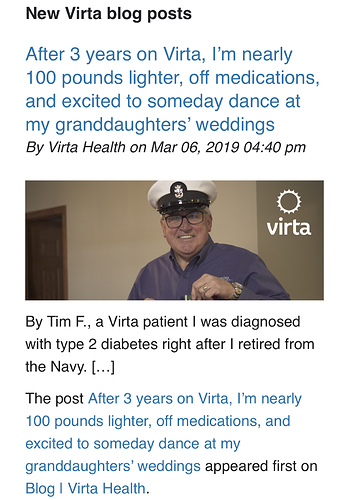I cannot answer all Your questions specifically but I can tell you about my experience. My husband is a type 2 diabetic. He is 56 and was diagnosed at 35. Since I am almost exclusively the cook, I took all the dietary classes with him. The guidelines were those set by the ADA & AHA which is to basically reduce carbs somewhat and continue with a low fat diet but carbs still made up the majority of his diet. Recent changes in the guidelines allow for sugar sweets just smaller portions. He struggled for years but was unable to control his bs. He began on metformin but was insulin dependent by age 42. In the last 8 years he began having the health problems typical with diabetes, peripheral aterial disease, heart disease, kidney complications, and began showing symptoms in his eyes. 4 years ago he was had a heart attack, bypass surgery and was fighting to save his lower left leg from amputation with diabetic sores on both feet. I truly thought he was dying in front of my eyes. After lots of research i found the Keto diet online. Its claims seemed too miraculous to be true but encouraged by his wound specialist doctor, 6 months after bypass surgery, I did a pantry purge and the first day of Keto made breakfast of bacon and eggs cooked in butter with shaking hands still not convinced that this would not speed up his already decline.
2 years later his diabetes is reversed. His primary doctor has taken him off insulin (previously 5 injections a day), metformin, and lipitor. He has lost 70 lbs, his eyes are clear, kidneys look great, triglycerides and bad cholesterol are down, good chol is up, and his feet are pink and healthy and he still has both his legs. He is active, walks everywhere, and enjoys going to the gym again. I too have lost weight, and both of us are free of joint inflammation and no water retention.
One of the biggest benefits is he is no longer tied to the ups and downs of blood glucose. No highs requiring fast-acting insulin and no lows required orange juice or candy. He eats when he is hungry and that’s it. He can fast all day and feel great.
I’m not saying this is true for everyone but for us it has been nothing short of a miracle. He has his life back and I have my husband back. We are keto lifers!

